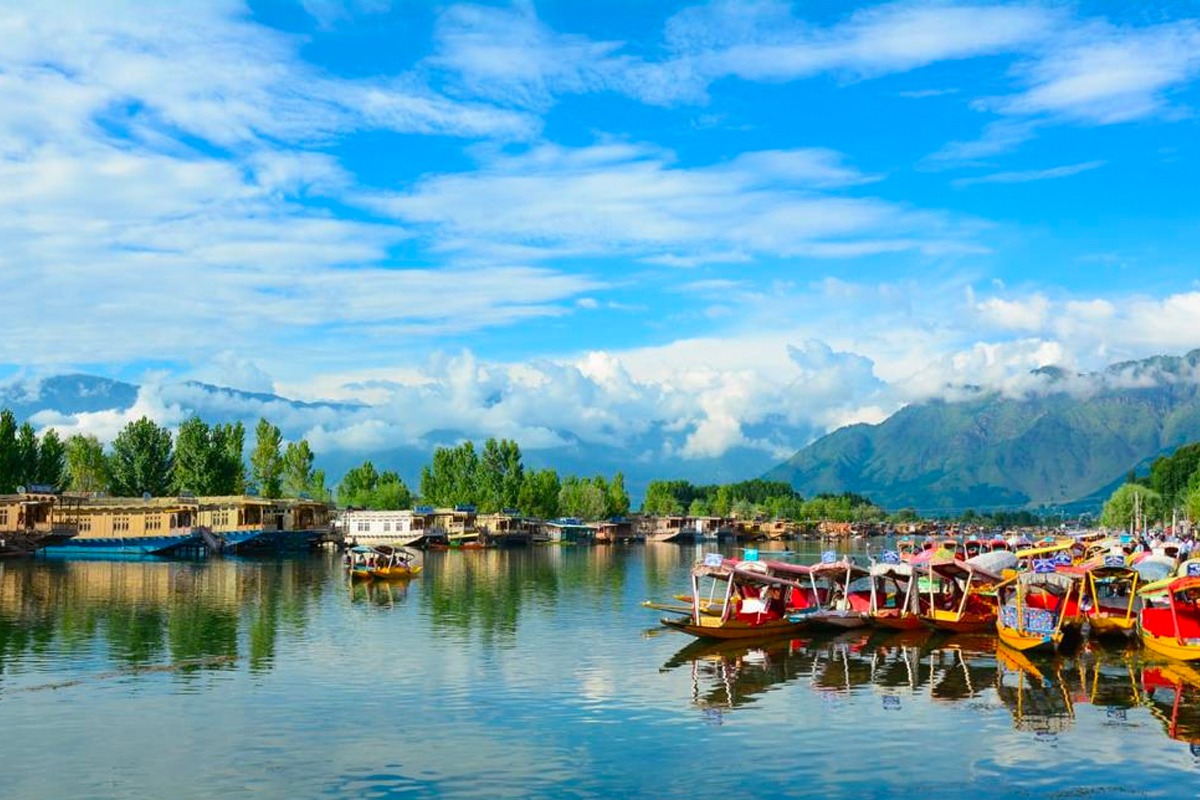The disinformation campaign surrounding the G20 meeting in Srinagar from May 22-24 has reached a fever pitch, particularly regarding the situation in Jammu and Kashmir. If Michael Kugelman’s piece in FP and UN Special Rapporteur on minority issues Fernand de Varennes’s statement is to be believed, the meeting are just a ruse by the Government of India to show that the Valley has returned to normalcy after the nullification of Article 370.
The Group of Twenty or the G20 working groups and ministerial meetings – held apart from the main event, the leaders’ summit – foster cooperation and enable government officials and experts from 19 member countries and the European Union (EU), and representatives from international organizations to engage in constructive dialogues to address common challenges. G20 members represent approximately 80% of global GDP and two-thirds of the world’s population. These meetings focus on specific policy areas.
As a prominent forum for global economic governance, the decisions and initiatives of the G20 can have a significant impact on the global economy and international relations.
India faces several challenges as it prepares to host the G20 summit in New Delhi coming September. Representing the views of non-G20 countries and promoting inclusivity is a major concern, with other challenges being addressing the Russia-Ukraine conflict and formulating a clear G20 policy. India’s priorities for the summit include inclusive and sustainable growth, women’s empowerment, digital infrastructure, climate financing, global food security, and energy security. India must also ensure the success of the summit and maintain the credibility of the G20. The ongoing disinformation campaign further complicates matters for Indian authorities and organizers, particularly in choosing Srinagar city and its resorts as the venue for one of the Summit’s working group meetings.
Organizing G20 events in different locations throughout India reflects the country’s commitment to hosting a successful summit and engaging with global leaders on crucial economic and policy matters. India considers Kashmir an integral part of its territory, based on its legal and constitutional framework asserting sovereignty over the entire region. Therefore, hosting a G20 meeting in Kashmir should be viewed as a neutral decision, aligning with its position on the region. The choice of meeting locations within India likely depends on factors such as infrastructure, logistics, and regional development priorities.
Hosting the G20 event in Kashmir can have significant implications for the region’s tourism sector and overall economy. The summit serves as an opportunity to showcase the beauty, culture, and potential of Kashmir to a global audience, attracting increased tourism and investment. By hosting an international event like the G20 summit, Kashmir has the chance to promote itself as a stable and attractive tourist destination. This can be achieved through effective publicity campaigns that highlight the region’s unique attractions and enhance tourist infrastructure and services. The increased attention and positive perception generated by the summit can help dispel concerns and misconceptions associated with the region’s security situation in the past.
The tourism industry is a vital contributor to Jammu and Kashmir’s economy, contributing significantly to its GDP and providing direct and indirect employment opportunities to a substantial portion of the local population. By attracting tourists from around the world, the G20 meeting can contribute to the revival and growth of the tourism economy in the region. This, in turn, can have a positive impact on employment rates, income generation, and overall socio-economic development. It is essential to acknowledge the challenges Jammu and Kashmir has faced due to terrorism, which have affected its tourism industry for several years. However, hosting the G20 summit can serve as a turning point, projecting a different image of the region and demonstrating its potential as a safe and alluring destination. Ensuring the safety and security of visitors during the event will be crucial in building trust and confidence among tourists.
The claim made by the Special Rapporteur that the Government of India is seeking to normalize the nullification of Article 370 through the instrumentalization of a G20 meeting and the portrayal of international “seal of approval” in Kashmir is a deliberate attempt to spread a negative image of the region and the state’s intentions. The abrogation of Article 370, which granted special status to J&K, has been a significant development aimed at bringing about socio-economic reforms, attracting investment, and promoting tourism by integrating the region more closely with the rest of India.
J&K’s economic stability and growth, including its potential as an investment hub and tourist destination, depend on various factors such as security, infrastructure improvement, promotion of local industries, and creating an investor-friendly environment. Recent years have seen a significant increase in investments and tourism in the Union territory, signaling positive developments for its economy. The region has witnessed a growing number of companies making investments, with notable increases in the past years. The influx of investments, both domestic and foreign, along with the rising interest in tourism, bodes well for its economic stability and development.
The G20 meeting in Kashmir is an occasion of great pride for its residents, as it will showcase the region’s stunning beauty and rich culture. It is time for foreign observers, analysts, and experts on South Asia to recognize India’s independence in its domestic and foreign policy, acknowledging that it no longer dances to the tune of serving colonial masters.

















